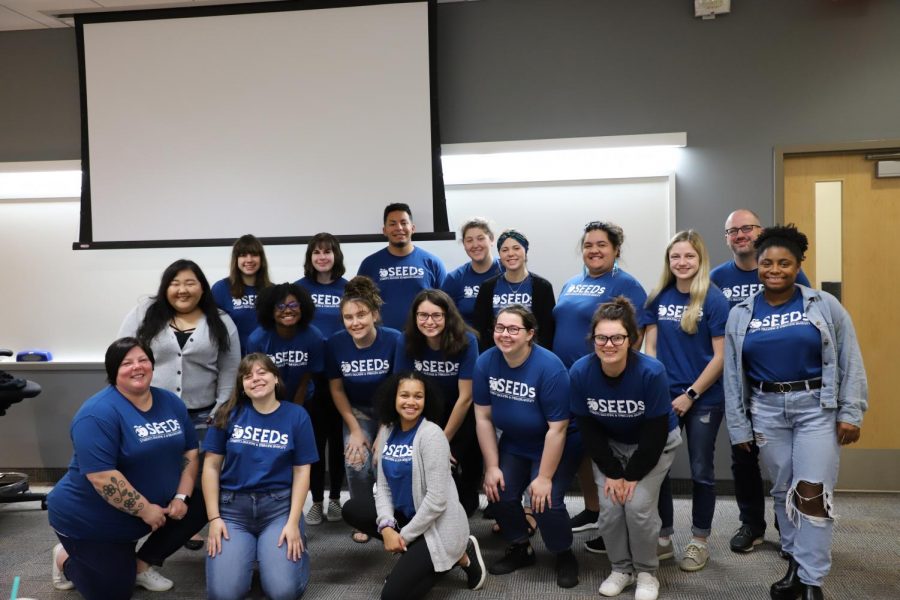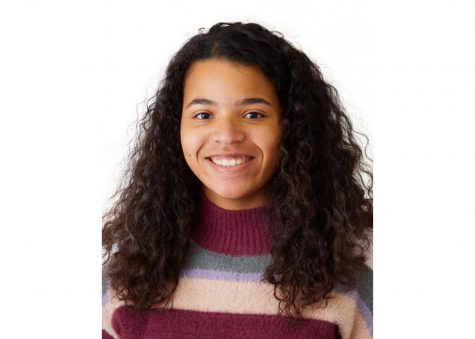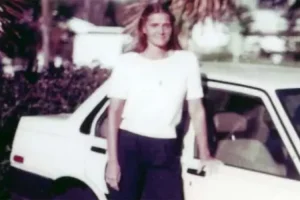UWL SEEDs seek to discuss social justice issues through educational programming
2019-2020 SEEDs members and advisers. Not pictured, Emily Stoll.
December 26, 2019
SEEDs, which stands for Students Educating and Embracing Diversity, is a peer education program that focuses on spreading knowledge of social justice issues. It was created by University of Wisconsin-La Crosse alumna Authrene Ashton during her undergraduate career. “I started working on it in 2013. Then in 2014 I really started to put some things on the ground. We did a pilot semester in 2016. We tested it out and ran some numbers. After that semester, we did it for a full year and since then it has been ongoing,” said Ashton.
“Creating SEEDs was one of the top things I talked about in grad school interviews. I kept it on my resume because it is something that I am really proud of even though I created it during school,” said Ashton.
According to A.J. Clauss, Program Coordinator for the Campus Climate office and one of the advisers to the SEEDs program, “SEEDs is a peer education program that focuses specifically on social justice. Our SEEDs are tasked with creating and implementing programs, workshops or however they feel they can educate or engage people in social justice conversations,” said Clauss. “The whole point of it is to make our campus a more welcoming, safe and inclusive environment for minoritized populations.”
Matt Evensen, the Coordinator for Student Engagement and the other adviser to SEEDs said, “We try to have a specific topic per month so there is more of a structure to the program.”
Clauss said, “These topics include gender-based violence, cultural appropriation and mental health among others. There were a lot of popular events in the residence halls. For example, there was PGPs and Pancakes, so students just talked about pronouns while eating pancakes.”
Clauss said that her position at UWL has helped her fulfill her passions. “It was such a great opportunity for me. I think peer education is super important and effective. We want to find different avenues for creating space for conversations to happen. SEEDs is a natural progression for that.”
Sophia Jaume, a senior at UWL and the “lead seed” has been a part of the SEEDs program since her sophomore year. Jaume said, “We have one SEED for every 11 residence halls and we also have three Campus Climate SEEDs and a lead SEED. I started as a SEED in my sophomore year in Laux Hall. At the time, I wasn’t aware of all these other social justice topics.”
Jaume added, “Now, I always reference SEEDs as a really important part of my education and identity. SEEDs has challenged my ability to think critically and it sparked this feeling of wanting to write about injustice. I hope to become a civil rights lawyer and a lot of wanting to pursue that came from SEEDs.”
Fiona Ness, a junior at UWL, is halfway through her first year in the SEEDs program. Ness said, “I wanted a community of people that had the same critical lens that I have. I wanted to be able to make change on campus. As a SEED, I could make changes that were more impactful. In the past, I didn’t know how to be a better activist, but now I have the confidence to have a conversation with someone about social justice.”
Along with presentations on social justice, SEEDs are tasked with providing a space where students can report hate and/or bias. Jaume said, “Hate and bias reports evaluate the climate of the campus. The number of reports we see are only from people who decide to report it. The number of actual discriminatory events is way larger than any of us could actually estimate.”
According to Ashton, the initial goal of SEEDs was to improve hate and bias reports on campus. “I think SEEDs has helped improve the reaction to hate and bias, but it hasn’t improved the number of incidents. If we look at what is happening nationally, I think you could have the best program in the world and there would still be increases in the amounts of incidents,” said Ashton.
Jaume said, “We have seen an increase in hate and bias reporting. An increase in reports means that people are able to identify these acts of discrimination and report it. It is unfortunate that all these negative, discriminatory things are happening but it is positive that more people are becoming aware of them.”
As members of the hate response team, Clauss and Evensen lay witness to much of the hate and bias that occurs at UWL. “I think we have a big culture of reporting on our campus. I think the awareness here is a lot higher than other campuses. Our students who are activists don’t sit by when things happen, so they keep us accountable. I wish our work here could magically fix hate and bias at UWL, but it is bigger than just our campus,” said Clauss.
Clauss and Evensen urge students that may have an interest in social justice to apply to become a SEED. “If you are looking for something that will take you to a level that will allow you to have some of these conversations with a little more ease, we are a good place to check out. It is great to be in community with other people that are doing this too,” said Clauss.
In her first year as a SEED, Jaume said she was hesitant to make mistakes. However, she suggests that those who are interested in a SEED position to think differently. “Don’t be daunted if you don’t know everything about social justice. The current SEEDs are growing individuals too. We don’t know everything either and we make mistakes all the time. We have grown a lot from our mistakes,” said Jaume.
Evensen said that there is currently an application open for a SEED position. “In the past, we typically had one SEED per residence hall. For this next year, we are having students go through a student staff application process, where they will also be a Resident Assistant (RA) in their building as well,” said Evensen. “We are excited about that move. Applications are out right now for the residence hall RA/SEED position.”
The SEED/RA applications will close on Jan. 6, but the Campus Climate SEED applications are set to open on Feb. 3. Other information such as the program’s mission and a link to a hate/bias report can be found on the SEED webpage.







